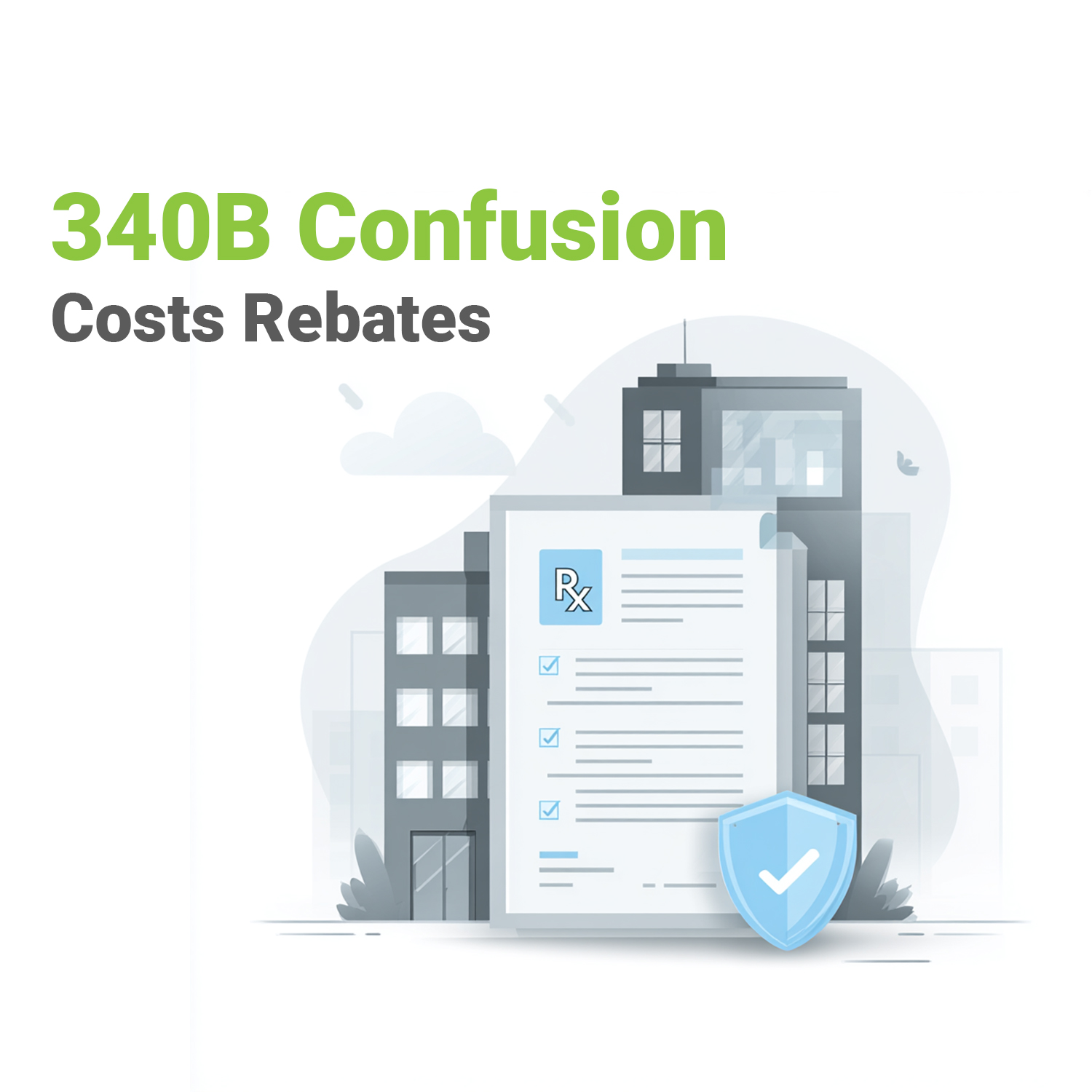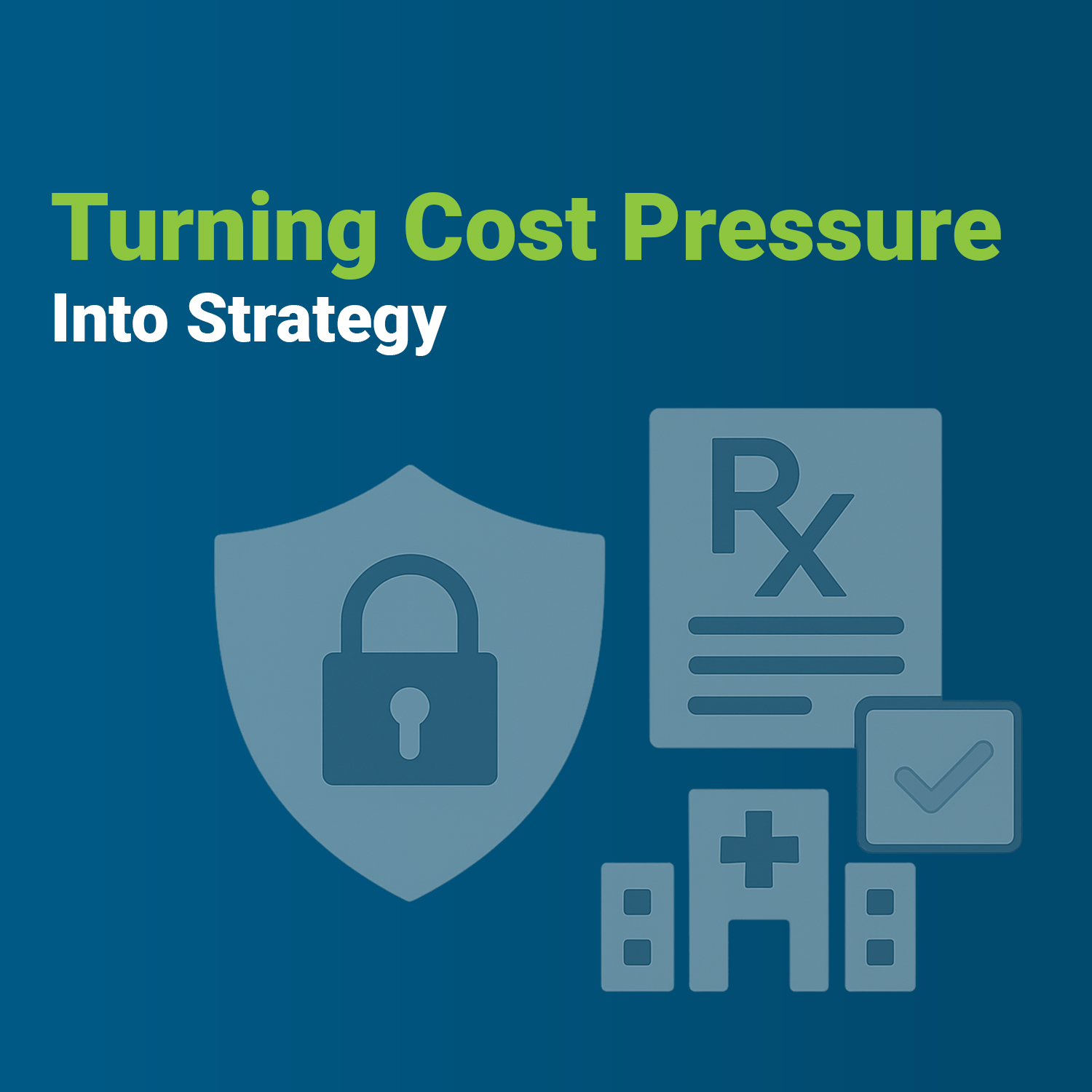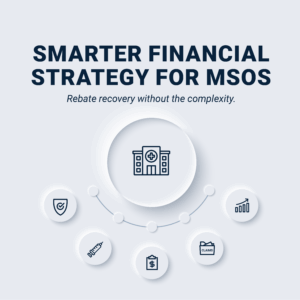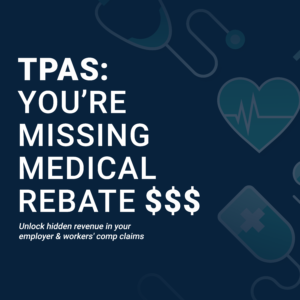What can the PBM industry do to help solve this crisis?
PBMs, pharmacists, and physicians all need to work together and take an active role in helping to curb this epidemic. VativoRx’s Opioid Risk Management Program works to coordinate care by identifying patterns of potential overuse or misuse and sharing profile reports with pharmacies and physicians to intervene when warranted.
What specific actions has VativoRx taken to help solve this crisis?
We offer our clients the Opioid Risk Management Program, which includes many additional components such as a tighter refill window, prior authorization, quantity limits, and other custom edits. Clients can customize this program depending on their unique needs and tolerance for disruption.
What do we do about patients with severe pain who truly need opioids?
There are many legitimate uses for high-frequency narcotic use, that’s why VativoRx clinically reviews cases exceeding certain thresholds to verify medical necessity and coordinate care.
What is the role of the HCP in helping to solve this crisis?
Health care providers need to take a proactive role in helping control the opioid crisis by implementing more stringent plan designs and programs that monitor and limit the dispensing of opioid prescriptions such as prior authorizations, quantity limits, and higher-utilizer intervention programs.






